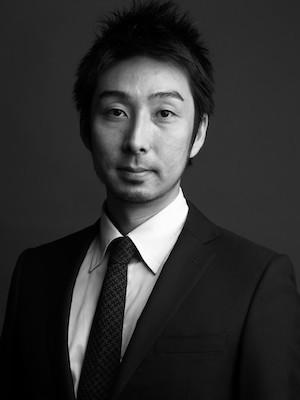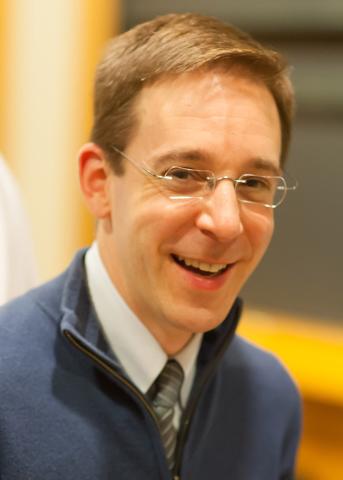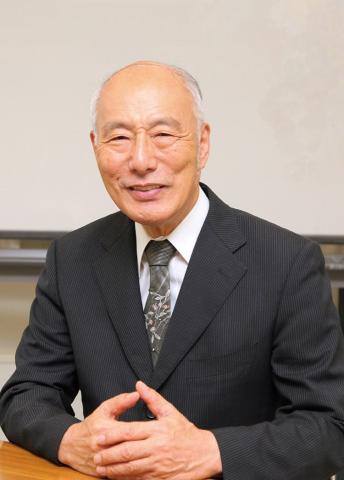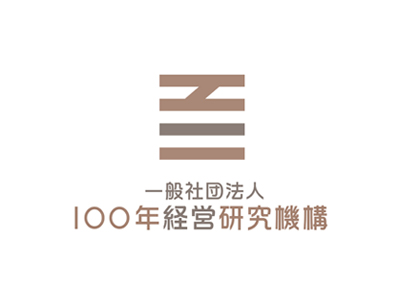
Date
02.22.2022 (Tue.)
Time
5:30 PM - 6:30 PM (PST)
Location
Online
Fee
Complimentary
In a fast-changing world, many businesses find it challenging to plan for the next quarter, let alone next decade. But in Japan, home to the world’s oldest companies, some have found a way to survive and thrive for over a century or longer. According to Research Institute for the Centennial Management, over 52,000 companies in Japan are at least a century old, many with histories spanning multiple centuries. Even after recessions, wars, natural disasters, and global pandemics, these companies have remained in business. What is the secret to their extraordinary resilience?
In this business sustainability series co-hosted by JAPAN HOUSE Los Angeles, in partnership with Research Institute for the Centennial Management, expert guests explore these long-term businesses to find the key to sustainability. The series of virtual webinars delves into philosophy and core values, as well as the practical strategies that have helped these companies thrive over centuries. As many principles differ from dominant business practices in the U.S., this series is a rare opportunity for all to learn from other models that elevate concerns such as the environment and community over short-term profits.
Session 3 | Traditional Japanese Braiding Handmade with Passion and Pride
The company Yusoku Kumihimo Domyo (Domyo Co., Ltd.) has been producing kumihimo silk braids since 1652. Since the early Edo period (1603-1868), its skilled craftsmen have continued to hand-dye silk threads and hand-braid them into exquisite silk cords, while other companies have resorted to mechanization or closed down completely. Kiichiro Dōmyō, Representative Director and President of Domyo, is the special guest in this third webinar. He explains the ways in which this Tokyo-based company has adapted traditional Japanese silk-braiding styles and techniques to a changing society and found new markets for their products over 350 years.
As the facilitators of the series, we welcome two distinguished researchers whose focuses are the sustainable business growth: Professor Ethan Bernstein, Associate Professor in the Organizational Behavior unit at the Harvard Business School, and Professor Toshio Goto, Research Professor at the Graduate School, Japan University of Economics.
Special thanks to Ms. Kikka Hanazawa, Board Chair of Fashion Girls for Humanity and CEO of VPL.
*To watch the video in full screen, please click on the images, then click on the YouTube icon on the lower right-hand corner.



Watch the three different aspects of Domyo's kumihimo braiding process. Dyeing the thread, preparing the thread, and then braiding the cords.
Guest Speaker

Kiichiro Dōmyō
Kiichiro Dōmyō is the 10th-generation proprietor of Domyo Co., Ltd. He studied architecture at Waseda University in Tokyo, and in 2012 he took over Domyo Co., Ltd. as Representative Director. While continuing to ensure that his company preserves the tradition of kumihimo silk braiding, he also actively promotes his company’s research of historical kumihimo in Japanese Imperial and temple collections and the creation of replicas of these braids.
Though dedicated to researching and preserving traditional Japanese kumihimo, he also collaborates with contemporary fashion designers, architects and engineers to explore new applications for in diverse arenas.
Facilitators

Ethan Bernstein
Ethan Bernstein (@ethanbernstein) is the Edward W. Conard Associate Professor of Business Administration in the Organizational Behavior unit at the Harvard Business School. He teaches the second-year MBA course in Managing Human Capital, the Harvard Business School Online course on Developing Yourself as a Leader, and various executive education programs.
He previously taught the first-year MBA course in Leadership and Organizational Behavior (LEAD), an MBA immersive field course in Tokyo on Innovation and Leadership through the Fusion of Digital and Analog, and a PhD course on the craft of field research.
In an era when the nature of work is changing, Professor Bernstein studies the impact of workplace transparency—the observability of employee activities, routines, behaviors, output, and/or performance—on productivity, with implications for leadership, collaboration, organization design, and new forms of organizing.
Professor Bernstein’s research has been published in journals including Administrative Science Quarterly, Organization Science, Academy of Management Annals, Proceedings of the National Academy of Sciences, Philosophical Transactions of the Royal Society B, Harvard Business Review, Sloan Management Review, Research on Organizational Change and Development, and People + Strategy, and it has appeared in The Wall Street Journal, The Washington Post, The New York Times, The Boston Globe, CNBC, NPR, Inc., Forbes, Fast Company, Businessweek, Freakonomics (Podcast), WorkLife with Adam Grant (TED Podcast), Esquire, Nikkei Business, Nikkei Shimbun, Le Monde, Maeil Business (Korea), and TEDx Boston, among others. He is a 2014 HBR McKinsey Award Finalist, and his research has won awards including the inaugural J. Richard Hackman Dissertation Award, the Academy of Management’s 2013 Outstanding Publication in Organizational Behavior award, the Academy of Management’s 2013 Best Publication in Organization and Management Theory award, the Academy of Management's 2014 Outstanding Practitioner-Oriented Publication in Organizational Behavior award, and the 2020 Richard Beckhard Memorial Prize. His article on the impact of open offices was ranked the 13th most mentioned article of 2018 by Altmetric, and his 2020 HBR on “Working Without an Office” attracted more unique visitors than any Big Idea program in history.
Prior to joining the faculty, Professor Bernstein spent a half-decade at The Boston Consulting Group in Toronto and Tokyo. Tapped by Elizabeth Warren to join the implementation team at the Consumer Financial Protection Bureau, he spent nearly two years in executive positions, including Chief Strategy Officer and Deputy Assistant Director of Mortgage Markets, at the newest United States federal agency.
Professor Bernstein earned his doctorate in management at Harvard, where he also received a JD/MBA degree. While a doctoral student, he was a Kauffman Foundation Fellow in Law, Innovation, and Growth, and he remains a member of the New York and Massachusetts Bar Associations. He holds an AB in Economics from Amherst College, which included study at Doshisha University in Kyoto.
Professor Bernstein is a self-declared culinary adventurer and avid cyclist, runner, skier, reader, and Wait, Wait, Don't Tell Me listener. Originally from Los Angeles, he lives in Newton with his wife, Maly (HBS MBA 2006), and two young sons.

Toshio Goto
Toshio Goto is Representative Director at Research Institute for Centennial Management and Research Professor at Graduate School of Management, Japan University of Economics. Born in 1942, after graduating Tokyo University (Faculty of Economics), Professor Goto started his professional career at NEC Corporation. In 1974 he obtained an MBA from Harvard Business School.
From 1997 to 1999 he served as the managing director as well as chief of Corporate Environment Research Center at Kokumin Keizai Research Institute KKRI.
In 1999 Professor Goto became a professor of School of Information Studies at Shizuoka Sangyo University, and in 2005 a professor of integrated engineering at The Graduate School for the Creation of New Photonics Industries. In 2011 he took on professorship at Japan University of Economics, on its Tokyo Shibuya Campus. After serving as the first Dean for its Department of Management, Professor Goto is now a Research Professor at the said university.
When the Research Institute for Centennial Management was founded in 2015, Professor Goto was elected as its Representative Director. With a focus on management strategy, especially the topic of sustainable business growth, Professor Goto is a pioneer in the fields of long-lasting companies and family businesses in Japan. He continues to share his expertise and knowledge through various educational activities, lectures and speeches at universities and companies, both in and outside Japan.
Co-hosted by





